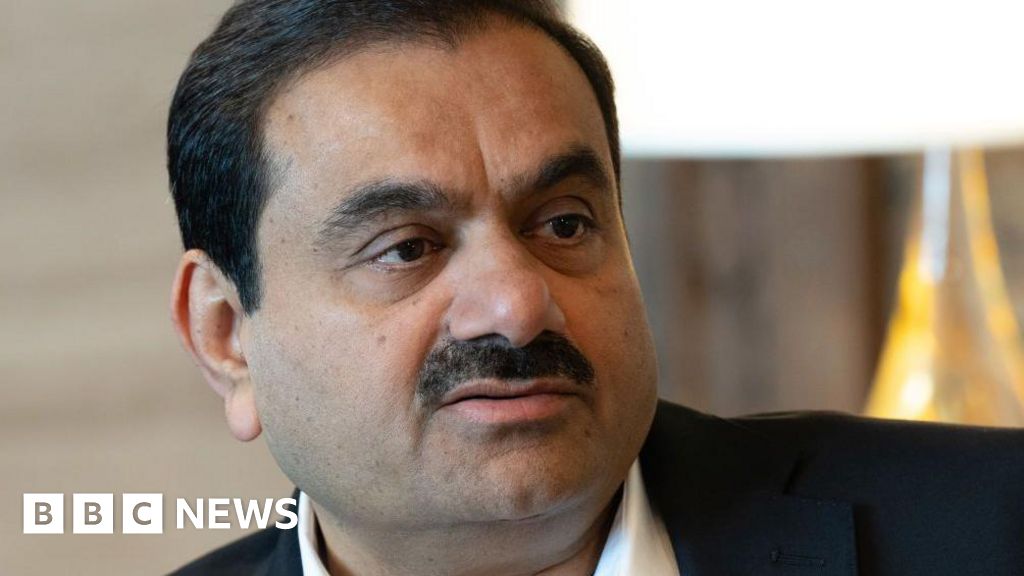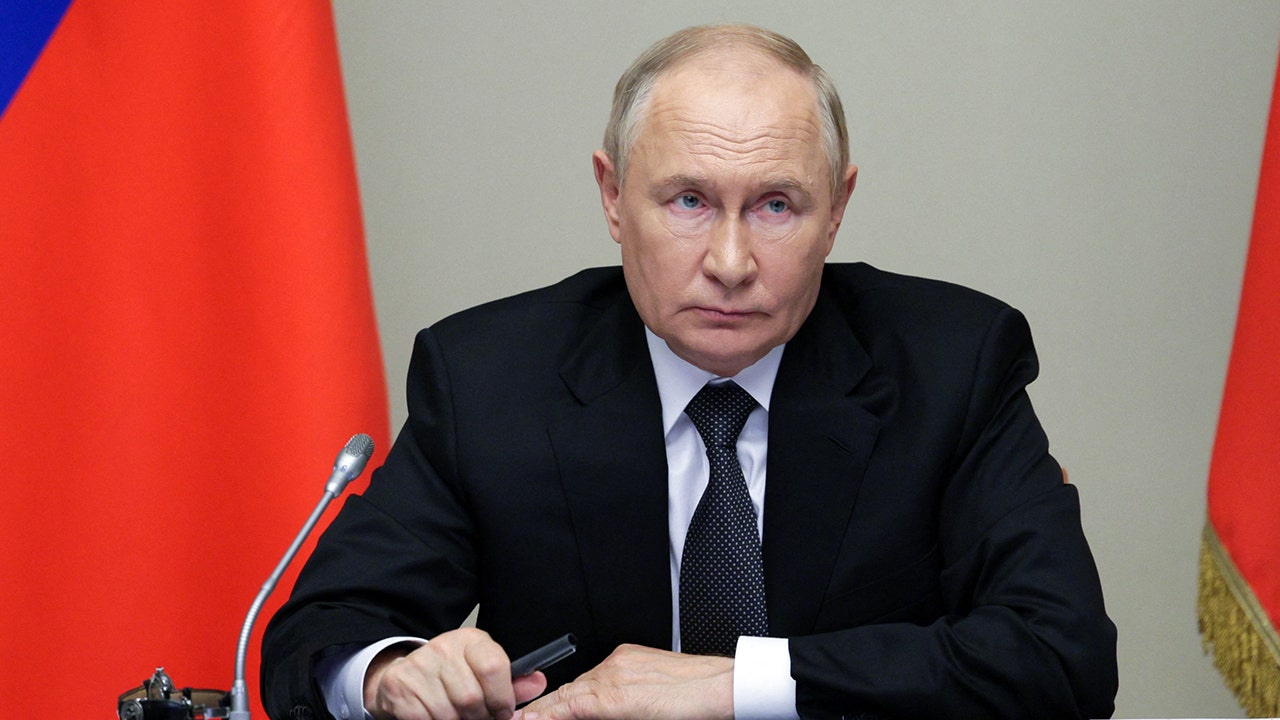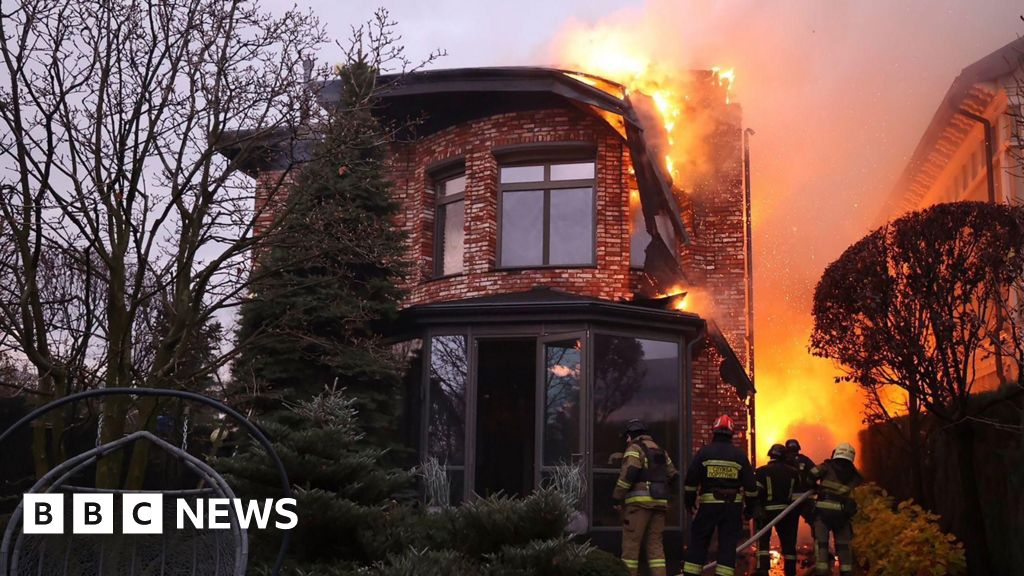Tech
CrowdStrike CEO George Kurtz speaks out after failed tech update causes worldwide chaos at airports and banks

The CEO of the cybersecurity firm at the heart of Microsoft’s worldwide outage choked on his words as he apologized for wreaking havoc early Friday — but couldn’t give a timeline for when everything would return to normal.
CrowdStrike CEO George Kurtz addressed the major tech outages after his company deployed a faulty software update to computers overnight that ended up grounding flights, knocking banks offline and media outlets off the air across the globe.
“We’re deeply sorry for the impact that we’ve caused to customers, to travelers, to anyone affected by this,” Kurtz said in an appearance on NBC’s “Today.”
At one point, a nervous-sounding Kurtz choked up and had to pause to sip water before explaining the cause of the massive disruptions.
“It wasn’t a cyberattack, it was related to this content update,” he said.“The system was sent an update, and that update had a software bug in it and caused an issue with the Microsoft operating system.”
Asked how a single content update could trigger such widespread outages and upend industries, Kurtz acknowledged that the company would have to “go back and see what happened.”
“If there’s a negative interaction with the way some of these operating systems work — in this particular case, it was, it was only a Microsoft operating system that was impacted — you’ll see a reaction like this,” he said.
He added that the update was normal and part of the company’s standard process to prevent security risks.
Despite already identifying and deploying a fix for the issue, the CEO couldn’t give a timeline for when all systems would be back up and running again.
“As you might imagine, we’ve been on with our customers all night,” he said. “Many of the customers are rebooting the system and it’s coming up operational because we fixed it on our end.”
“It could be some time,” he added. “Sometimes, some systems won’t automatically recover … we’re not going to relent until we get every customer back to where they were.”
Kurtz also wouldn’t say if the breadth of the disruptions had shocked him.
“When you look at software, it’s a very complex world and always staying ahead of the adversary is certainly a tall task,” he said.
“These sorts of things, obviously you try to understand and mitigate them and, in some cases, you have a weird interaction,” Kurtz continued. “We’re just trying to sort where that negative reaction was.”
In an alert sent out to CrowdStrike clients overnight, the company said its “Falcon Sensor” software had caused Microsoft Windows to crash and display a blue screen — known informally as the “blue screen of death.”
Microsoft said the underlying cause of the global outage had been fixed as of early Friday — but the impact of cybersecurity outages was continuing to affect some Office 365 apps and services.
The chaos, however, was still being felt across the world hours later.
Major US airlines — American, Delta and United — were among those to ground flights, while other carriers and airports around the world also reported delays and disruptions.
LaGuardia Airport canceled 30 flights and delayed 10, while JFK travelers faced lengthy delays amid 16 canceled flights.
News outlets in Australia — where telecommunications were severely affected — were pushed off air for hours.
Banks and financial services companies in various countries also reported issues.









